ALLAN BEVAN, CANADIAN COMPOSER
The Time Draws Near4/30/2022
1 Comment
Echo4/25/2022
Full Fathom Five4/25/2022
Three Motets on Texts of Henry Vaughan4/21/2022
The Eclipse4/17/2022
Danny Boy, arr.4/17/2022
LuAnn Holden, Artistic Director of the Chattanooga Girls Choir and music education faculty member at Lee University in Cleveland, Tennessee provided the following review printed in the November 2015 edition of The Choral Journal.
To Morning4/16/2022
Harp of Wild4/11/2022
My Mother4/6/2022
Singers To Come3/30/2022
Then Farewell, World3/24/2022
An End3/15/2022
Parlez-Moi, arr.2/22/2022
Mirage1/13/2022
There, in that Other World4/11/2021
The Garden2/8/2015
Categories
All
For additional information, please view Allan Bevan's Composer Showcase on the Canadian Music Centre website.
|
Proudly powered by Weebly
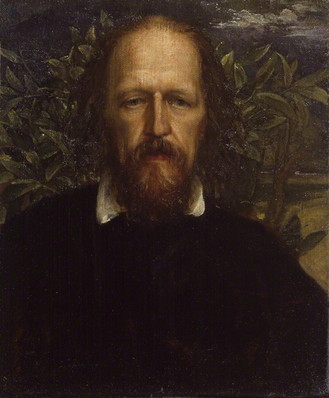
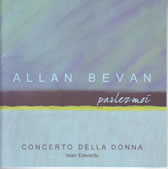
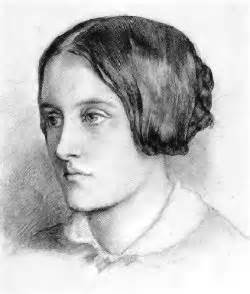
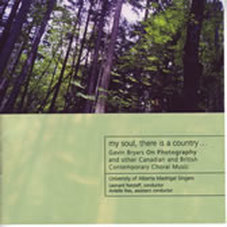
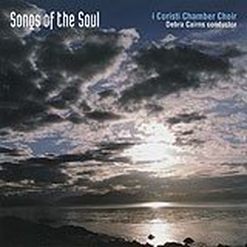
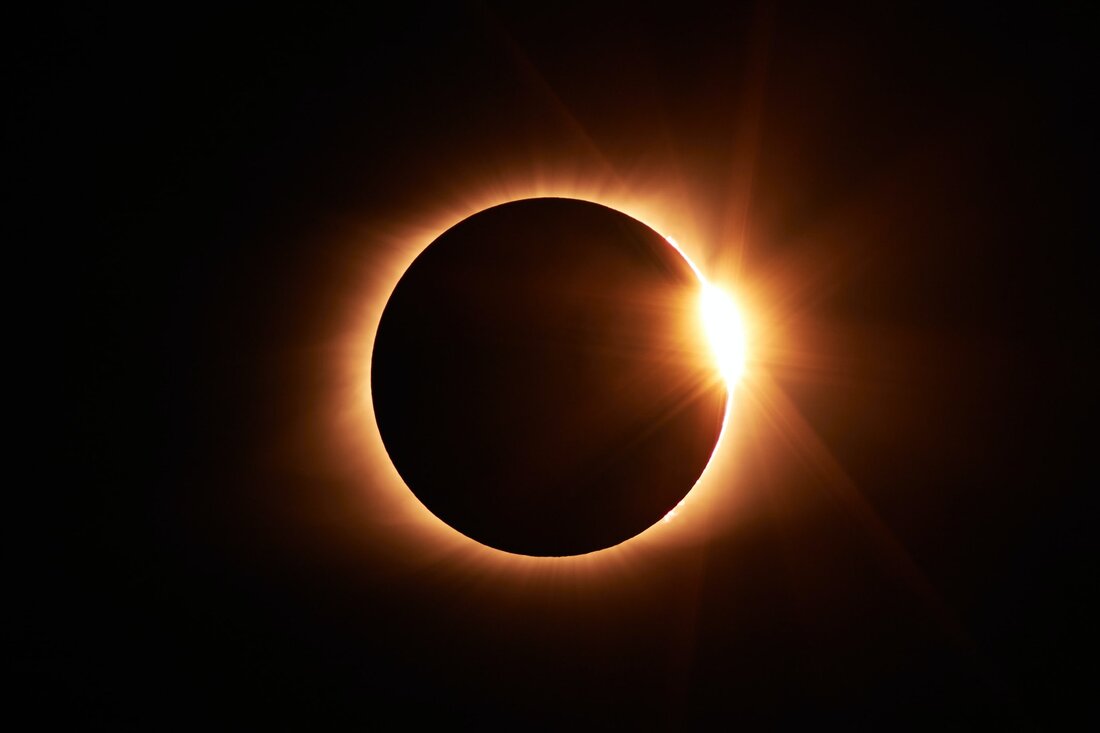
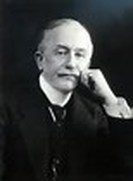
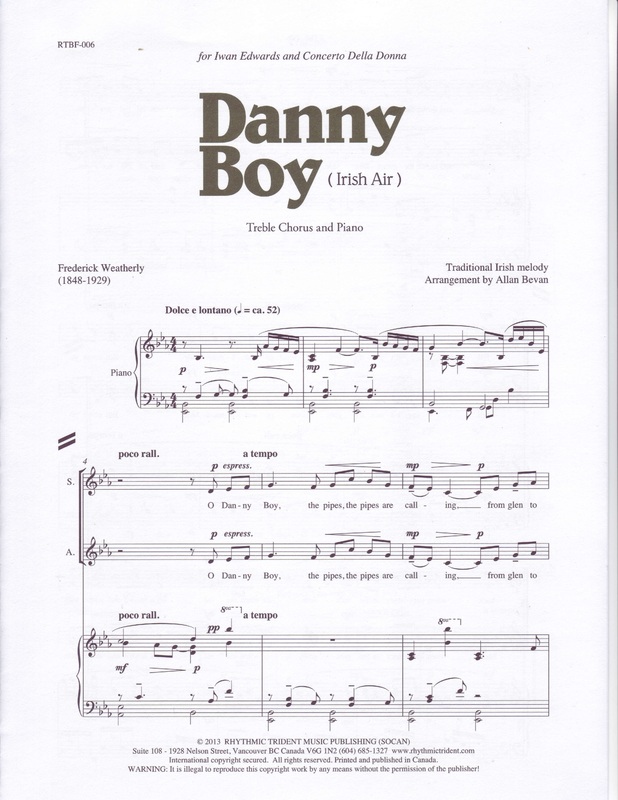
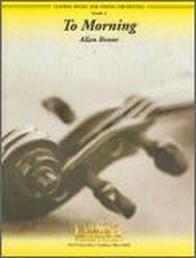
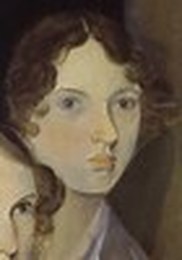
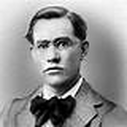
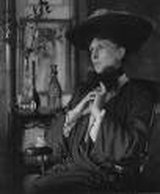
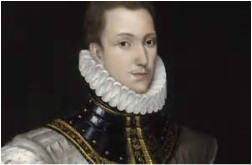
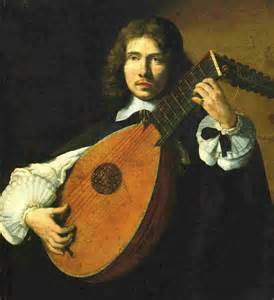
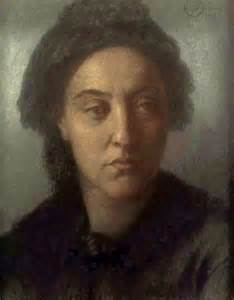
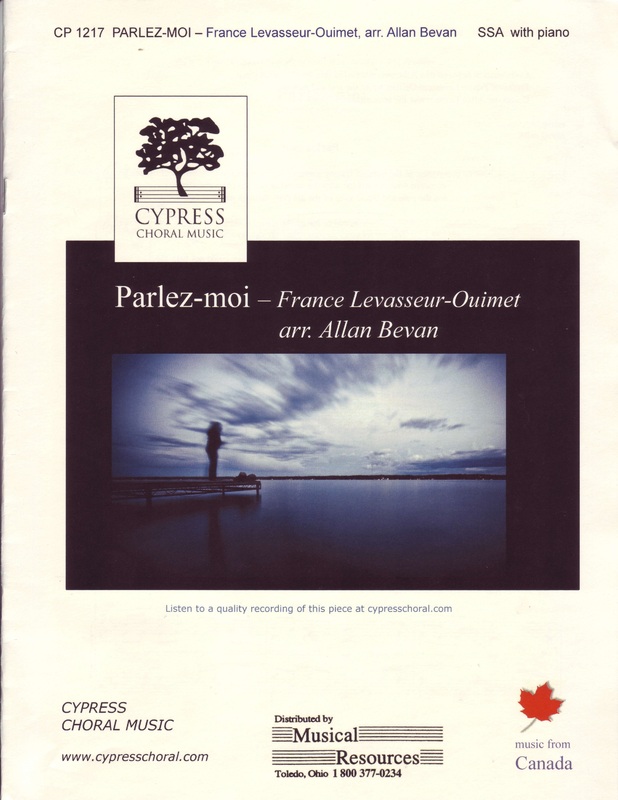

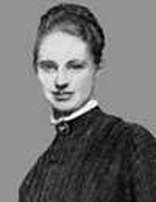
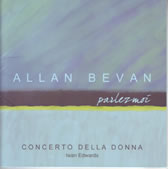
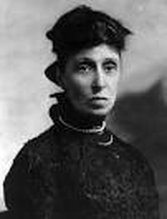
 RSS Feed
RSS Feed